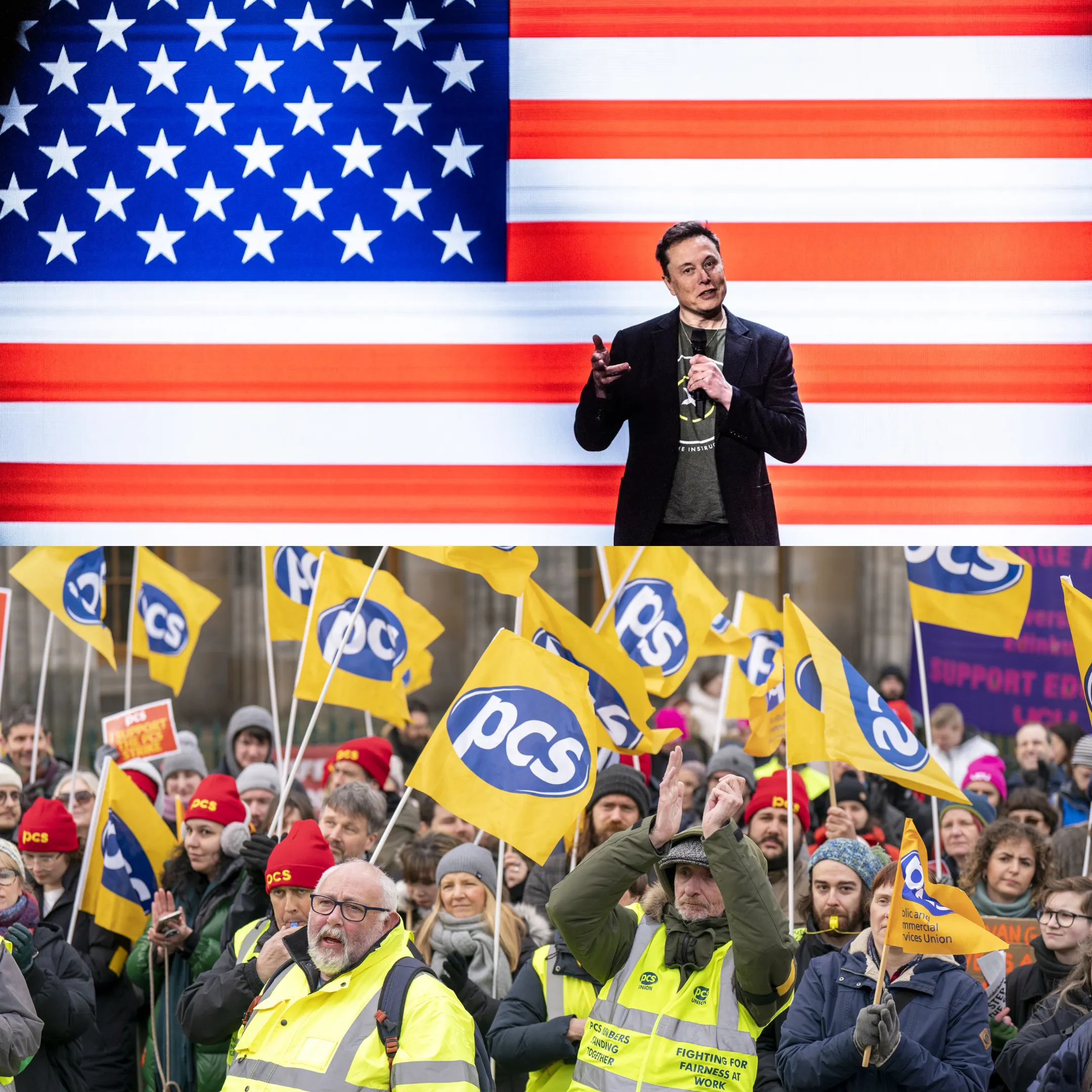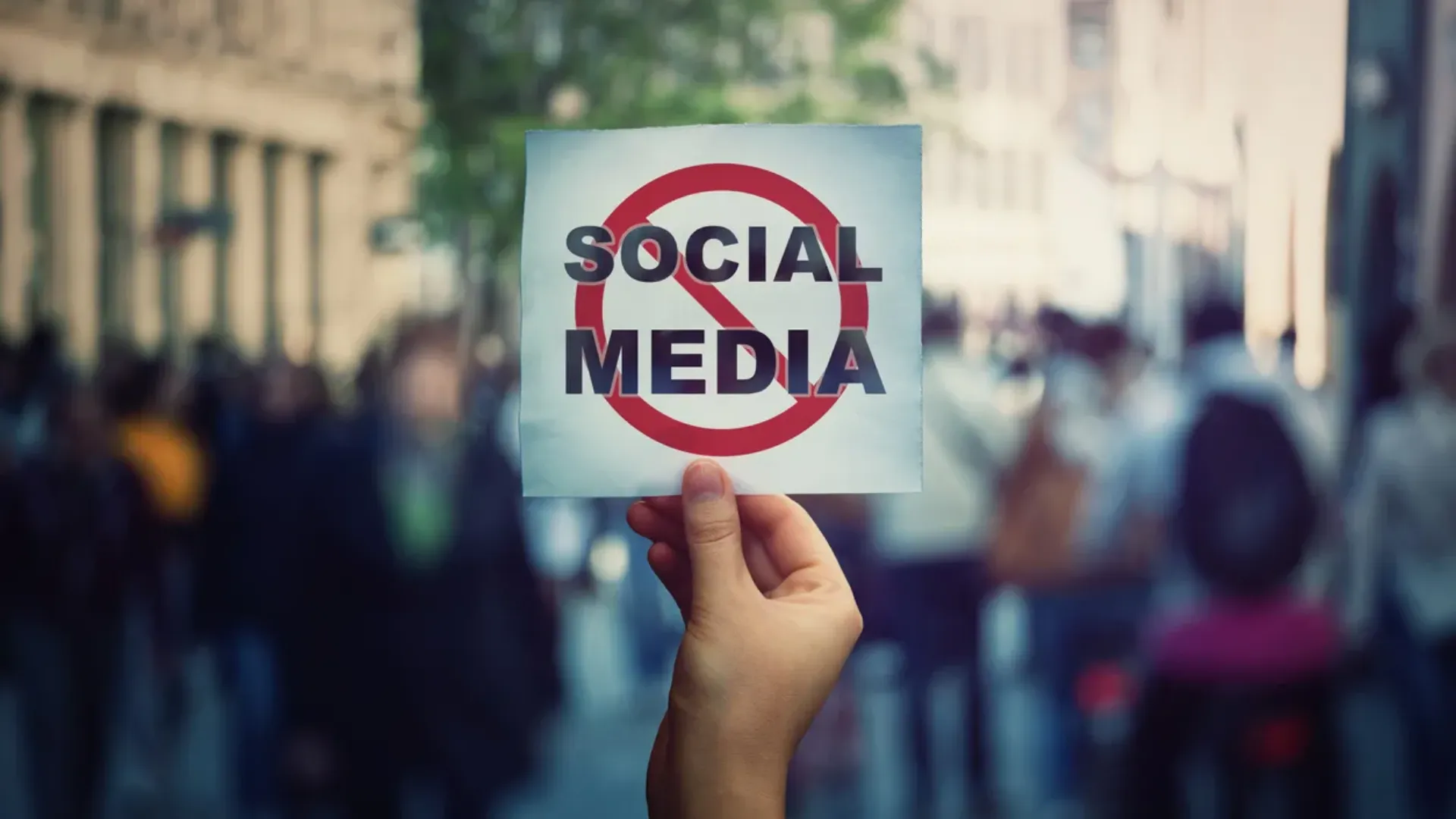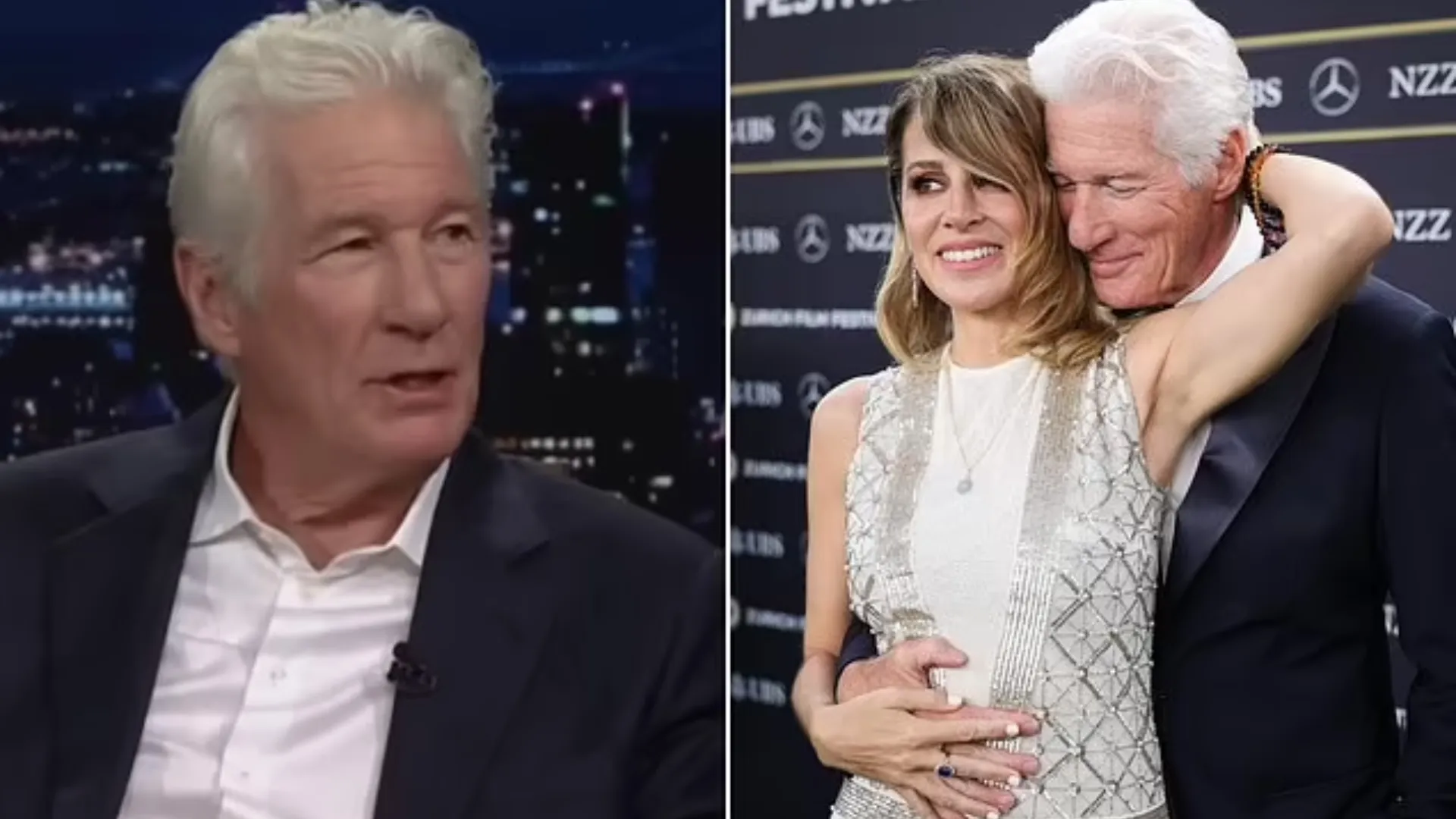
Australia’s parliament has made history by passing a groundbreaking law banning children under 16 from accessing social media platforms, marking the strictest regulatory approach yet to the challenges posed by online platforms.
The legislation, passed by the Senate on Thursday, mandates tech companies to implement robust age-verification systems or face fines of up to 50 million Australian dollars ($32 million). The law, which applies to platforms like Snapchat, TikTok, Facebook, Instagram, Reddit, and X, signals Australia’s bold stance in holding tech companies accountable.
Prime Minister Anthony Albanese praised the initiative as a necessary measure to protect young people. “Social media can be a weapon for bullies, a platform for peer pressure, a driver of anxiety, a vehicle for scammers, and worst of all, a tool for online predators,” he told Parliament.
He defended the 16-year age limit, arguing that children at this age are better equipped to identify “fakes and dangers.” Leaders from other nations, Albanese noted, have applauded Australia’s approach to addressing the societal risks posed by social media.
The legislation has sparked intense debate, with widespread public and political support. The Liberal Party, Australia’s main opposition party, backed the bill.

Liberal Senator Maria Kovacic described it as a “pivotal moment,” saying, “We have drawn a line in the sand. The enormous power of big tech can no longer remain unchecked in Australia.”
However, the bill also faced criticism for its rushed parliamentary process. Public submissions to the Senate committee were open for only 24 hours before a three-hour hearing.
Despite receiving over 100 submissions, many expressing concerns about privacy risks and inadequate scrutiny, the bill progressed rapidly. It passed the lower house with a vote of 102 to 13 before moving to the Senate for approval.
Greens Senator Sarah Hanson-Young was among the fiercest critics, accusing major parties of using the law to score political points.
“This is a disaster unfolding before our eyes. It’s a race to the bottom to see who can appear toughest, while pushing young people into isolation and absolving platforms of social responsibility,” she argued. Hanson-Young stressed the need to make social media safer for everyone rather than imposing blanket bans.
Tech companies have also expressed reservations. Snap Inc., the maker of Snapchat, advocated for “device-level age verification” as the most effective solution. X, owned by Elon Musk, raised concerns about the law’s impact on free speech.
Meta, which owns Facebook and Instagram, recommended waiting for the results of ongoing age-assurance trials, arguing that excluding platforms like YouTube and online gaming undermines the law’s intent.

Despite objections, public sentiment appears to favor the ban. A YouGov poll conducted this month found that 77% of Australians support prohibiting social media for under-16s. The survey of 1,515 respondents had a margin of error of 3.2%.
With the legislation now in place, the government will consult stakeholders before setting an enforcement date.
Once enacted, children under 16 with accounts on affected platforms will have them deactivated. While parents and children won’t face penalties for flouting the law, companies will be required to demonstrate that they’ve taken reasonable measures to prevent under-age access.


-1731950790-q80.webp)
